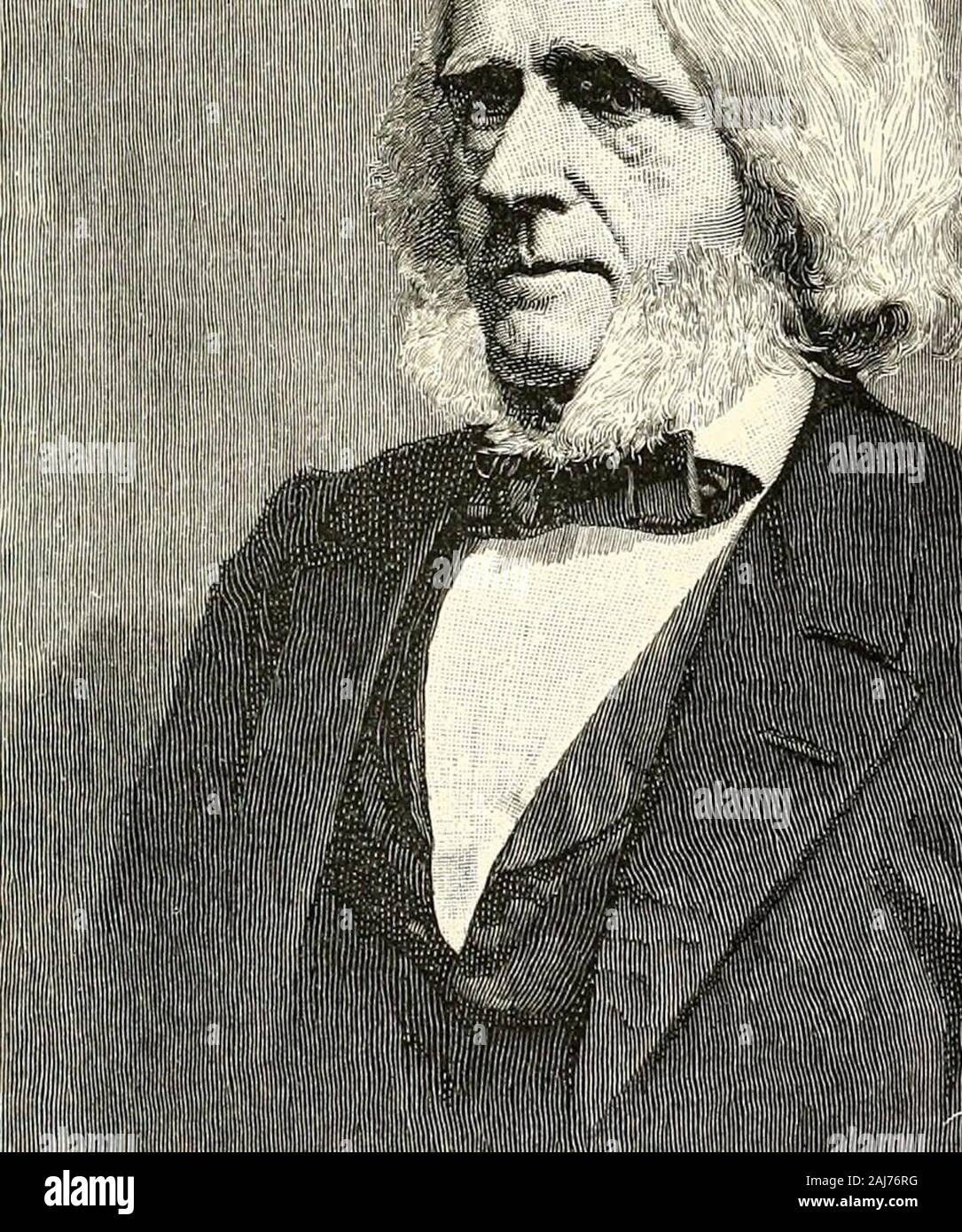William Lloyd Garrison, 1805-1879 : the story of his life told by his children . orerof William Lloyd Garrison. The next- morning, immediately after breakfast, I went tohis boarding-house and stayed until two P. M. I learned thathe was poor, dependent upon his daily labor for his daily bread,and intending to return to the printing business. But, beforehe could devote himself to his own support, he felt that hemust deliver his message, must communicate to persons ofprominent influence what he had learned of the sad conditionof the enslaved, and the institutions and spirit of the slave-holders ;

Image details
Contributor:
The Reading Room / Alamy Stock PhotoImage ID:
2AJ76RGFile size:
7.1 MB (670.4 KB Compressed download)Releases:
Model - no | Property - noDo I need a release?Dimensions:
1444 x 1730 px | 24.5 x 29.3 cm | 9.6 x 11.5 inches | 150dpiMore information:
This image is a public domain image, which means either that copyright has expired in the image or the copyright holder has waived their copyright. Alamy charges you a fee for access to the high resolution copy of the image.
This image could have imperfections as it’s either historical or reportage.
William Lloyd Garrison, 1805-1879 : the story of his life told by his children . orerof William Lloyd Garrison. The next- morning, immediately after breakfast, I went tohis boarding-house and stayed until two P. M. I learned thathe was poor, dependent upon his daily labor for his daily bread, and intending to return to the printing business. But, beforehe could devote himself to his own support, he felt that hemust deliver his message, must communicate to persons ofprominent influence what he had learned of the sad conditionof the enslaved, and the institutions and spirit of the slave-holders ; trusting that all true and good men would dischargethe obligation pressing upon them to espouse the cause of thepoor, the oppressed, the down-trodden. He read to me lettershe had addressed to Dr. Channing, Dr. Beecher, Dr. Edwards, the Hon. Jeremiah Mason, and Hon. Daniel Webster, holdingup to their view the tremendous iniquity of the land, and beg-ging them, ere it should be too late, to interpose their greatpower in the Church and State to save our country from the r:.y; ., . lllllfc 111 .St. 25.] BALTIMORE JAIL. 215 1830. terrible calamities which the sin of slavery was bringing upon chap. vii.us. These letters were eloquent, solemn, impressive. I wonderthey did not produce a greater effect. It was because none towhom he appealed, in public or private, would espouse thecause, that Mr. Garrison found himself left and impelled tobecome the leader of the great anti-slavery reform. . The hearing of Mr. Garrisons lectures was a great epoch inmy own life. The impression which they made upon my soul hasnever been effaced; indeed, they moulded it anew. They gavea new direction to my thoughts, a new purpose to my ministry. The second and third lectures were delivered on Satur-day and Monday evenings, October 16 and 18, 1830, andon the 28th Mr. Garrison repeated the first lecture inAthenaeum Hall, on Pearl Street, which Mr. Sewall andMr. May had engaged for him, doubtless at their owne